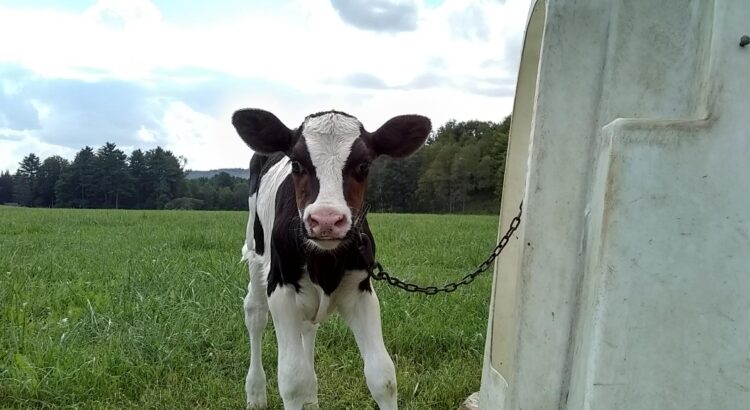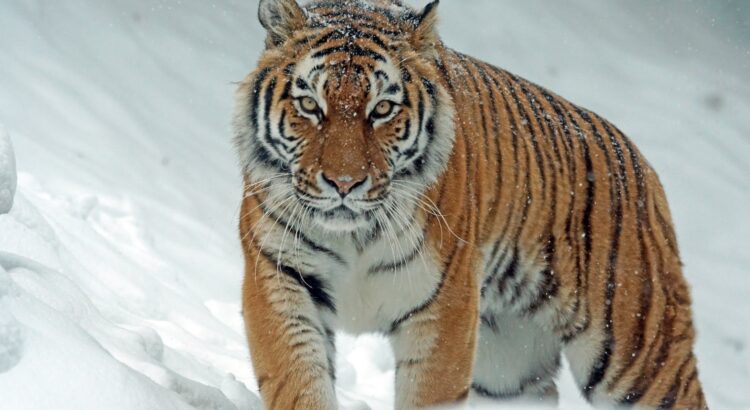Last night I sat with dear friends around a campfire. Socially distanced but encircling the warmth of the fire, we laughed and wisecracked under the stars. The air was that most delicious of Vermont delights–a breeze that was cool and crisp and hopeful. The wood smoke, the fall leaves, and the sweet smell of the grassy field centered us as we caught up on the mundane and the remarkable.
We’re all very tactile people and not being able to hug–or just touch each others’ arms during storytelling–was extremely difficult. Several times during the evening we remarked on how painful it is to be physically distanced from our friends and extended family. But sitting by the fire, sharing triumphs and defeats, was more healing than I anticipated. I loved all of it. The company, the night air, the giggles and guffaws, and the smell of the smoke on my sweatshirt when I got into the car to drive home.
I put on that same sweatshirt at dawn this morning. I zipped it up right before I poured my coffee and climbed into a chair to read a bit with my dog on my lap. I knew the scent wafting off the worn fabric would soothe me. Like so many of us, I need soothing. The West is on fire, massive glaciers threaten to break off from Antarctica, and the planet’s anguish is matched by the angst we feel as we inch closer to the November election. Will it be, finally, a reckoning? Or a ghastly investiture?
But this morning I’ve carved out a little space for hope. Something about the smell of the wood smoke enables me to find a calm that’s been illusive. It reminds me of all the joyful summers I spent at summer camp as a child. It calls up memories of backpacking trips I took with kids when I led trips at Farm and Wilderness. It also triggers a sweet memory of building a campfire out in the snowy yard one February when my little girl wanted me to prove that you could build a fire on top of ice. Whatever’s happening in my olfactory system, I’m grateful for it. The calm is such a gift to me today.
Another gift I received around the fire last night was a diverting story of a young calf. We’d been watching the calf–gauzy white against the deep green of the field–gamboling among the adults of the herd. We remarked on his speed and sprightliness as he frolicked and zoomed through the grass. Soon we were all smiling, and my friend said, “Did I tell you the story of when that calf got separated from his mama?”
She told us that Wonder, the mama, gave birth to this big bull calf down by the brook one day and then wandered to the edge of the upper pasture. A neighbor found the sweet baby calf all alone by the brook shortly after this beauty had come into this world. He and my friend’s partner climbed aboard a big John Deere and headed down to the stream. The rain poured down, and the calf looked so alone and so fragile; they decided to use the bucket of the tractor to deliver the calf to his mama.
They wrestled the big guy–now dubbed Wonder Boy–into the tractor’s bucket, but worried that the calf might tumble out, the neighbor–not a small man–climbed into the bucket with the newborn. He wrapped his legs around the calf to secure him, and they headed up the pasture’s slope. Jostling and bumping over the uneven field, the neighbor held him tight until they gently deposited him near his mama. As my friend tells it, “She was happy to see him!”
I love the sweetness of this story of Wonder and her Wonder Boy. I’m always delighted when people surprise me by unexpected actions. I’d met the neighbor minutes earlier when he stopped by to chat. At first glance, he didn’t look like the kind of guy who’d climb into a tractor bucket with a newborn calf and protect him during a rather absurd rain-soaked journey. But then, people surprise us all the time, if we allow ourselves to be surprised. If we allow ourselves to see people in their complexities. When we admit to ourselves that we make quick judgments all the time. When we give ourselves permission to accept that we are often wrong about our sorting and our judging. The world is so much more complex than we often imagine.
I will keep this sweatshirt unlaundered for as long as I can; the wood smoke scent is precious to me right now. It reminds me of beauty and surprise and hope. I hope you can find these things today, too.

